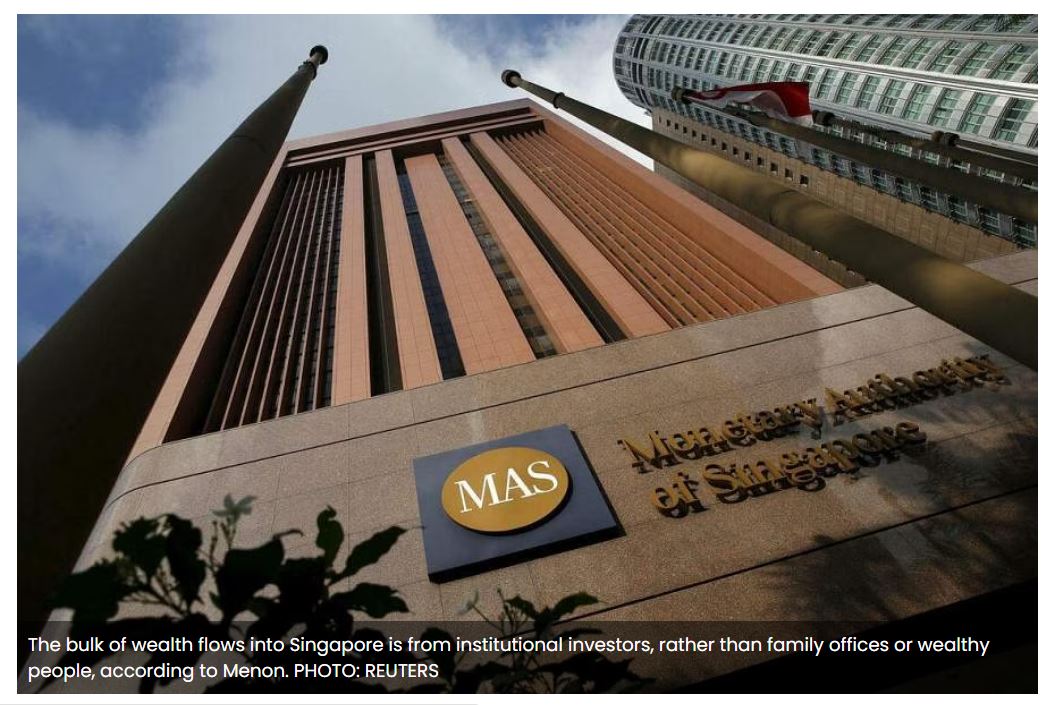Singapore to change tax rules that attracted the super rich
THE Monetary Authority of Singapore (MAS) will change the tax incentives it gives to single family offices in an effort to boost the hiring of locals and investment in the country’s equity markets.
Tax incentives will also be adjusted to encourage these firms to invest in climate-related projects and undertake more philanthropy through Singapore, MAS managing director Ravi Menon said at a briefing after the release of its annual report.
“Given our great success in being able to attract so much wealth here, we can afford to ask wealth to play a bigger role in our society and in our economy,” Menon said. His comments come after outgoing MAS chairman Tharman Shanmugaratnam said last month that the firms’ contributions to these areas will be recognised.
Family offices – the firms set up by the ultra rich to manage their affairs and investments – are currently able to get tax exemptions on a range of investments in Singapore. That’s helped fuel a surge in the number of single family offices based in the city-state from 400 at the end of 2020 to 1,100 in 2022.
Even though the increase of family offices has boosted the overall assets under management, much of that wealth isn’t seen to be invested within Singapore – blunting expectations that their enlarged presence would result in a flood of local jobs. The planned measures aim to fix this.
Single family offices seeking so-called 13O and 13U tax exemptions must meet minimum asset under management and business spending requirements. Some of the changes to the tax structure are:
- Encouraging participation in blended finance structures, including those supporting the region’s transition to net zero. For grants that these entities provide to support such structures with no expectations of income or return of principal, authorities will recognise as S$2 for every dollar spent, among incentives
- All investments in non-listed Singapore operating companies including private credit will be recognised
- Recognition of twice the amount invested in Singapore-listed equities, and eligible exchange traded funds, as well as unlisted funds that invest primarily in locally listed equities
The bulk of wealth flows into Singapore is from institutional investors, rather than family offices or wealthy people, according to Menon. The single family offices, that apply for and are granted tax incentives, managed about S$90 billion of assets as at 2021, less than 2 per cent of the S$5.4 trillion total assets managed in Singapore, he said.
Separately, the MAS said that it will take more action to boost surveillance and defence against money laundering risks in the sector. Among the measures, it will require all single family offices to notify the regulator when they start operations as well as maintain a business relationship with a MAS-regulated financial institution. A public consultation on these proposals will be released soon, Menon said. BLOOMBERG


 English
English




